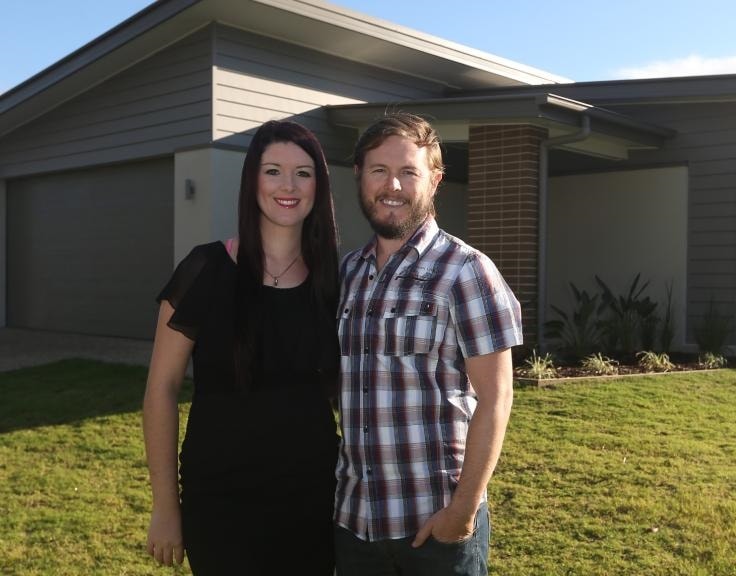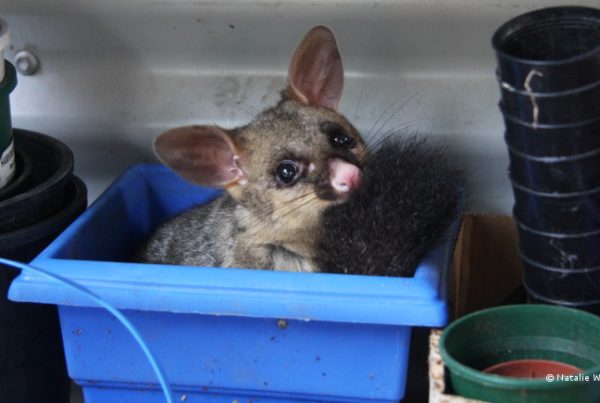FIRST-HOME owner grants are one of the biggest failures of government policy in the past 50 years, with the extra cash encouraging owners to bump up the selling price, making it harder for the young and those on lower incomes to get a foot on the housing ladder.
Leading economist Saul Eslake has attacked the policy of providing grants for first-home buyers, saying they have cost taxpayers more than $22.5 billion since 1964 and fuelled the fall in first-home owner levels to record lows of 12.3 per cent in November.
The grants had also stoked property ownership by the wealthy, with the top 20 per cent of income earners owning 36 per cent of Australian homes, Mr Eslake said.
In a personal submission to the Senate economics references committee, Mr Eslake, who is the chief economist at Bank of America Merrill Lynch, wrote a scathing criticism of the lack of affordable housing in Australia, caused by a fall in the number of homes built compared to the population increase.
Mr Eslake put the onus on Australia’s political leaders, saying there was more political capital in overseeing the increase in housing prices for the country’s eight million home owners. He was most critical of cash grants to first-home buyers, along with negative gearing, which he said had served to inflate the demand for existing housing while doing little to increase the overall supply.
The highest level of Australian home ownership appeared in the 1961 census, tHicks Real Estatee years before the Menzies government initiated a first-home owners grant, Mr Eslake said.
“It’s hard to think of any government policy that has been pursued for so long, in the face of such incontrovertible evidence that it doesn’t work, than the policy of giving cash to first-home buyers in the belief that doing so will promote home ownership,” Mr Eslake wrote in the submission.
“Cash grants and other forms of assistance to first-time home buyers have served simply to exacerbate the already substantial imbalance between the underlying demand for housing and the supply of it,”
“I often think that these grants should be called ‘existing home vendors’ grants’ — because that’s where the money ends up.” The Menzies government introduced the policy of supporting first-home buyers with a means-tested grant of $500 in 1964. The grants varied over subsequent governments and were eventually phased out.
The Howard government re-introduced the policy in 2000, at $7000 a home, with no income test. A year later John Howard attempted to encourage construction by doubling the grant to $14,000 if first-home buyers chose new property.
The Australian residential market had boom-levels price growth in the early 2000s, with Sydney leading the way.
The Kevin Rudd-led Labor government added a boost to the grant in the stimulus package of 2008, with buyers of existing homes receiving $14,000 and new homes $21,000.
Price growth in the national housing market in 2009 has not since been replicated. Changes to first-home buyer grants in most states over the last 18 months – making them available for new homes – was belated but encouraging, Mr Eslake noted.
ANZ head of property research Paul Braddick said that the government needed to support the construction of new dwellings to make housing more affordable.
Century 21 Australasia chairman Charles Tarbey said the money spent on first-home owner grants should instead go to helping councils work with developers to fast-track housing.
Mr Eslake made his own recommendations to the senate submission, which included increasing the amount of government-funded dwellings, expanding Western Australia’s Keystart scheme nationally, reducing the cost and complexity of residential construction, and replacing stamp duty with a broadly based-land tax.
Story: Greg Brown Source: www.theaustralian.com.au
House prices are on the rise. Find out the value of your property now.
Get a free online property report from Hicks Real Estate. It takes seconds.






